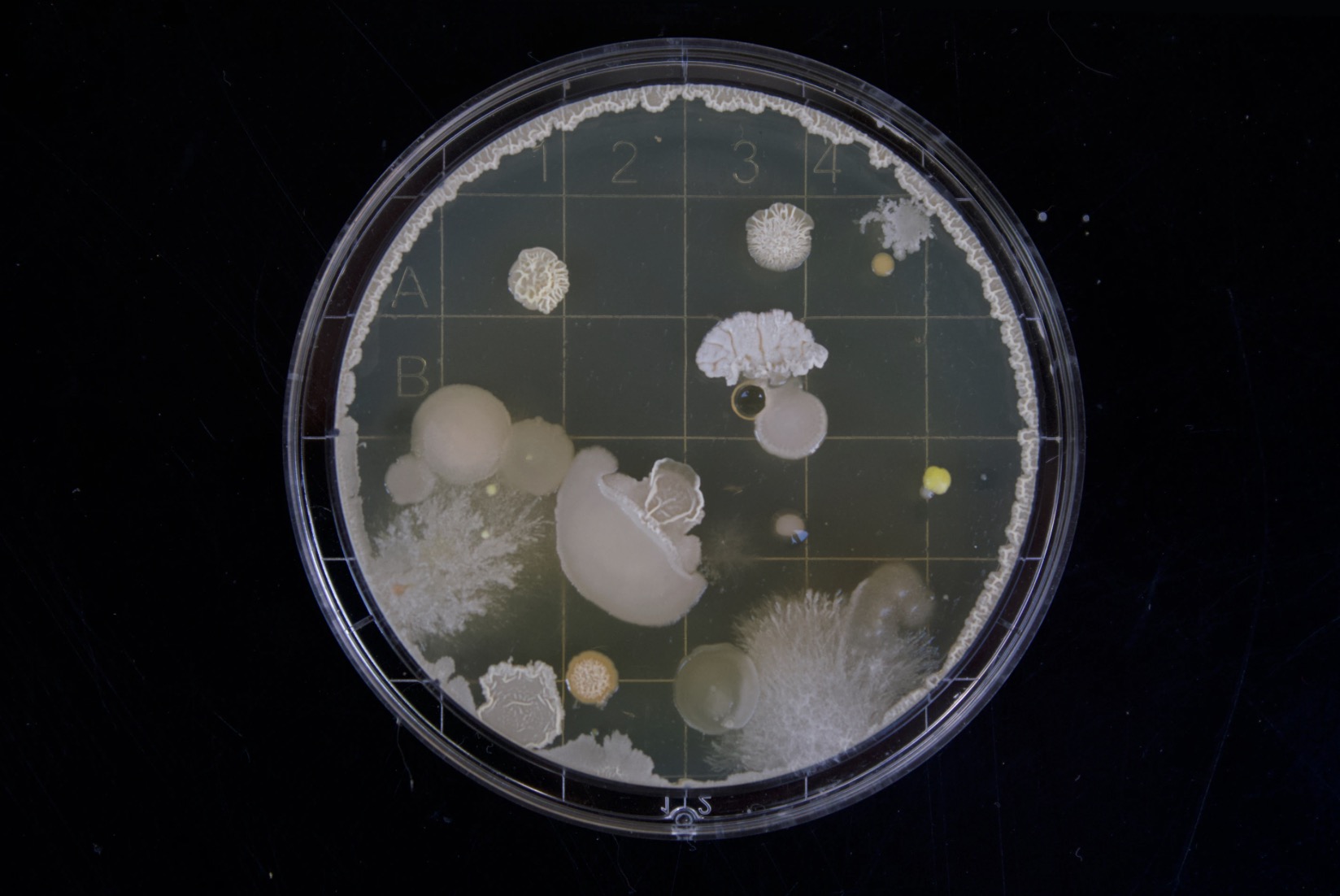News

Gut Microbiome and Depression
Many of us have heard about the importance of having a healthy gut microbiome, or the normal flora of bacterial growth in our gastrointestinal system. Over the last decade, there has been increasing interest in the gut microbiome and specifically as it relates to mental health. The term “gut brain axis” refers to the complex interplay of factors between our gastrointestinal (GI) system and our nervous system. This relationship has been shown to influence mood and mood is being investigated as a way to treat mood disorders. Interestingly, serotonin, a neurotransmitter frequently implicated in depression as being deficient in some way, is primarily created in our GI system.
Numerous studies over the last few years have also linked a healthy gut microbiome to mental health. Recent studies even identify specific bacteria linked to optimize the gut microbiome to help with depression. For some patients, the addition of certain species of gut bacteria through probiotics can enhance treatment for depression and in some cases, benefit patients as a complete depression treatment.
Frequency Healing’s founder, Kristen Dill, MSN, CRNA, is currently learning about these strategies through a certification in integrative health and functional medicine. Stay tuned over the next year as services like optimizing gut microbiome for treatment of depression become available at Frequency Healing Clinic!
References (Academic Research, if you want to read more!)
Gao J, Zhao L, Cheng Y, Lei W, Wang Y, Liu X, Zheng N, Shao L, Chen X, Sun Y, Ling Z, Xu W. Probiotics for the treatment of depression and its comorbidities: A systemic review. Front Cell Infect Microbiol. 2023 Apr 17;13:1167116. doi: 10.3389/fcimb.2023.1167116. PMID: 37139495; PMCID: PMC10149938.
Johnson D, Letchumanan V, Thum CC, Thurairajasingam S, Lee LH. A Microbial-Based Approach to Mental Health: The Potential of Probiotics in the Treatment of Depression. Nutrients. 2023 Mar 13;15(6):1382. doi: 10.3390/nu15061382. PMID: 36986112; PMCID: PMC10053794.
Limbana T, Khan F, Eskander N. Gut Microbiome and Depression: How Microbes Affect the Way We Think. Cureus. 2020 Aug 23;12(8):e9966. doi: 10.7759/cureus.9966. PMID: 32983670; PMCID: PMC7510518.
Li J, Wang J, Wang M, Zheng L, Cen Q, Wang F, Zhu L, Pang R, Zhang A. Bifidobacterium: a probiotic for the prevention and treatment of depression. Front Microbiol. 2023 May 10;14:1174800. doi: 10.3389/fmicb.2023.1174800. PMID: 37234527; PMCID: PMC10205982.
Price, R.B., Kissel, N., Baumeister, A. et al. International pooled patient-level meta-analysis of ketamine infusion for depression: In search of clinical moderators. Mol Psychiatry 27, 5096–5112 (2022). https://doi.org/10.1038/s41380-022-01757-7
Winter G, Hart RA, Charlesworth RPG, Sharpley CF. Gut microbiome and depression: what we know and what we need to know. Rev Neurosci. 2018 Aug 28;29(6):629-643. doi: 10.1515/revneuro-2017-0072. PMID: 29397391.

